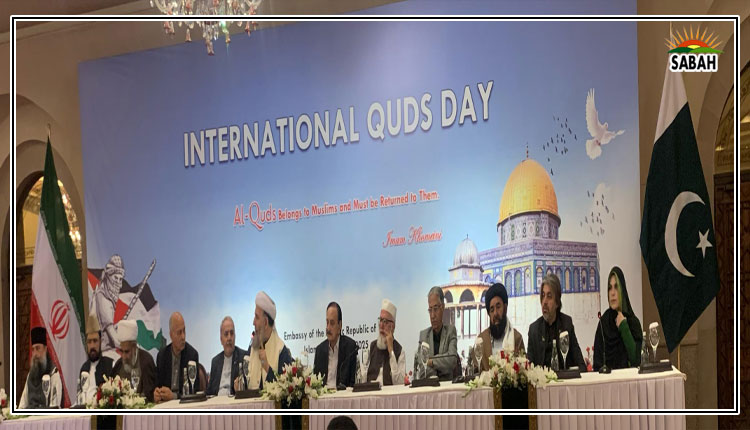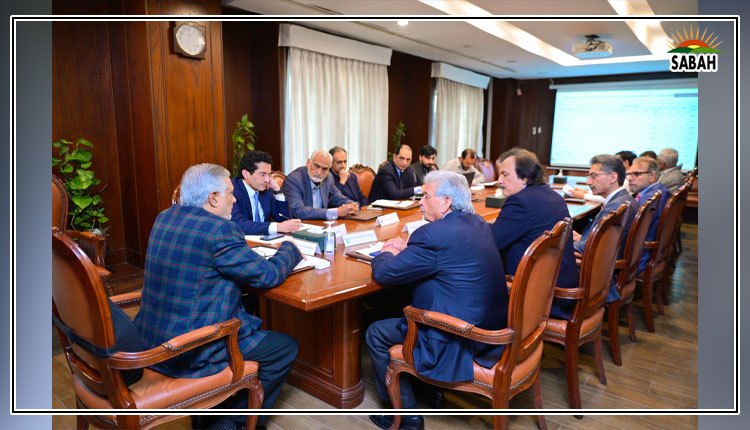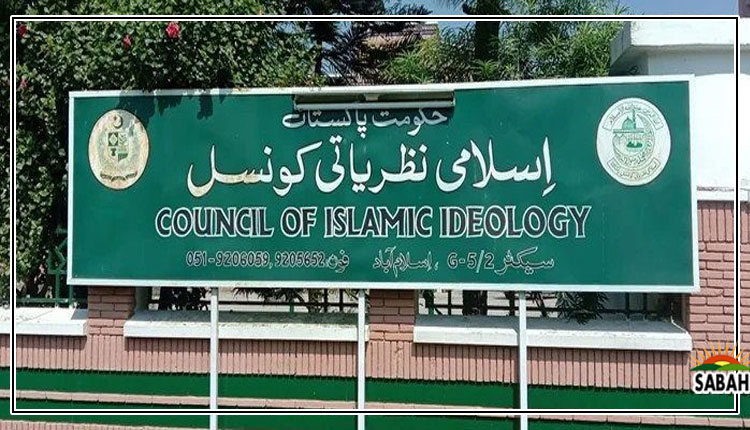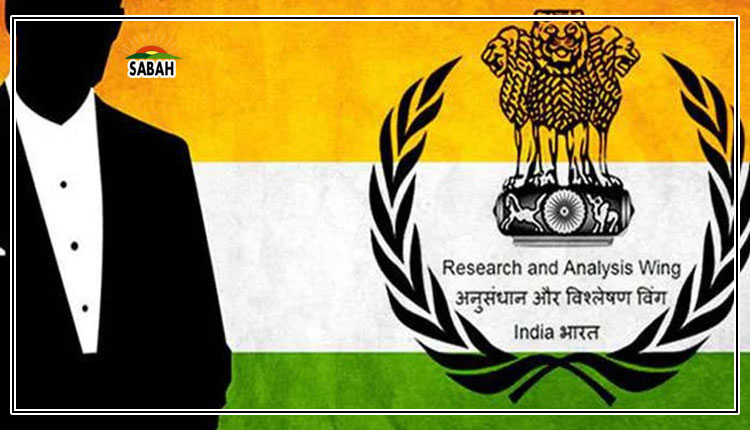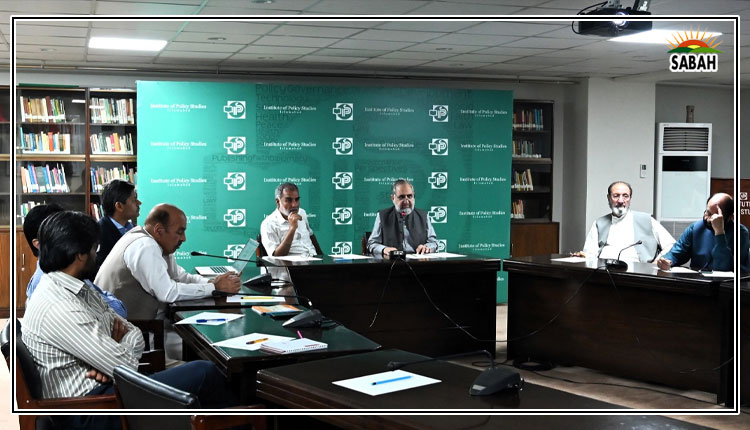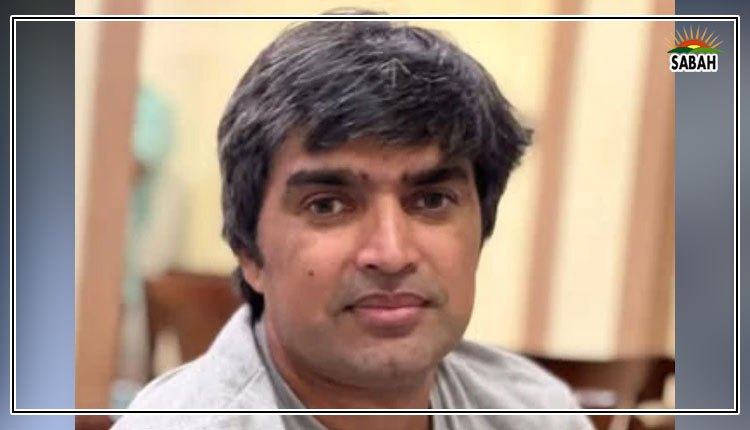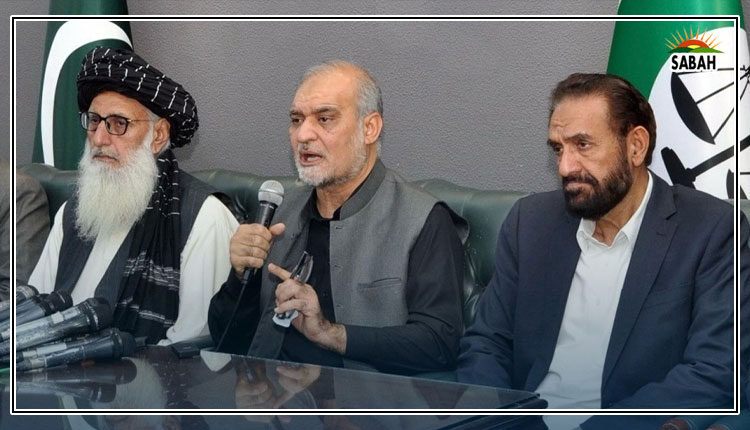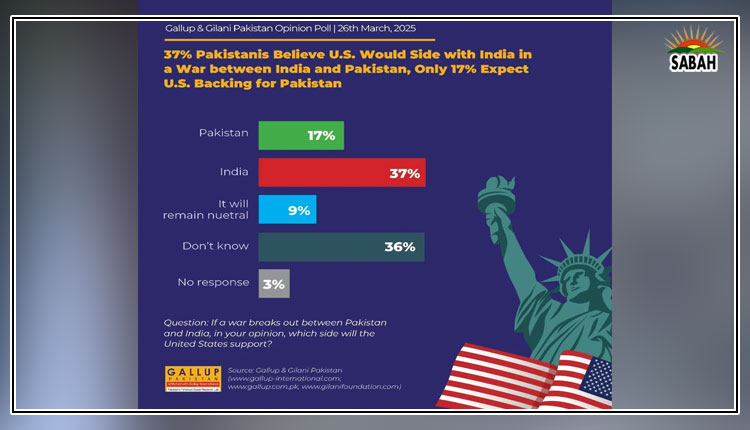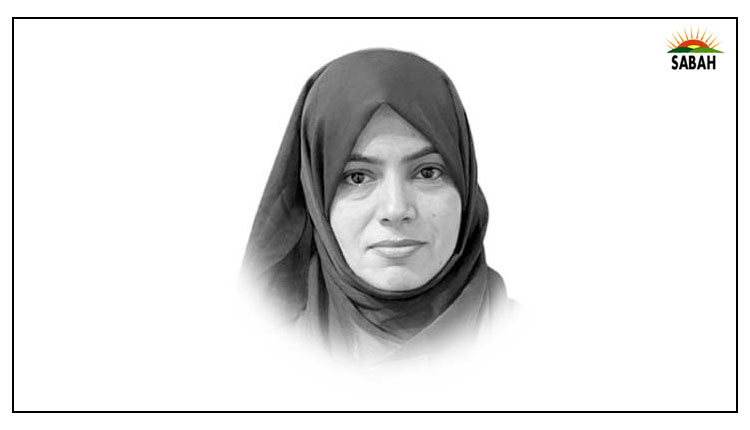Women’s literacy matters ….Saira Samo
“No nation can ever be worthy of its existence that cannot take its women along with the men. No struggle can ever succeed without women participating side by side with men,” said Muhammad Ali Jinnah in his speech during a visit to the Islamic College for Women on March 25, 1940.
Unfortunately, the words of Jinnah are only documented rather than being thoroughly put into action. Countries around the world have been progressing at a fast pace, removing all impediments and bringing women onto equal footing, regardless of their gender. Educating women has been the top priority of successful countries. Globally, Taiwan and Estonia rank first and second, standing highest in female literacy rates in recent years. India, China and Japan also leave no stone unturned in improving female literacy rates.
Pakistan still lags far behind in in the context of women’s literacy. As per the 2022 report, the female literacy in the country rate is 49.6%, considerably lower than the male literacy rate of 72%, and the lowest in South Asia.
Education is the foremost right of all, as stated in the Constitution of Pakistan. Demoting women in education in the name of gender-based disparity and stereotypical beliefs shatters the fabric of Pakistani society, in sheer disobedience of the Constitution. Moreover, the country regresses for not having equal participation of women in the developing sectors.
Education is the main source of development for the country. It permeates all sectors when women are equally educated, leading to a prosperous nation. But due to certain challenges, half of the women’s population remains far from the reach of education.
The challenges faced by women in education include lack of parental attention, preferring sons over daughters, patriarchal influence, early marriages, lack of transport in rural areas particularly, and gender-based barriers – often hand-made norms that are created to stop female education.
There is a plethora of problems faced by women on socio-cultural basis. A daughter being the eldest is perceived as a second mother in the countryside. She has to look after her siblings and engage in household chores as a support to her mother, consequently dropping out of school at an early age.
According to the report of CREDP (Centre for Research in Education and Development Pakistan), there is a 32% dropout rate for girls in Pakistan – more than their male counterparts, which is only 21%.
Tragically, a lack of access to schools discourages girls from acquiring an education, especially in rural areas, resulting in dropouts. Socio-cultural norms, deep-rooted among the masses, restrict a major portion of girls from obtaining even primary education in tribal areas. Balochistan depicts a gloomy picture of female education. Only 27% of females attend school, while the rest are out of reach of education, as reported by Unicef. Most females are discouraged due to relocation prerequisites that stop them from pursuing higher education.
Ironically, the inequitable freedom of choice imposed by a patriarchal society – not written in any law – restrains women from seeking their educational rights and freedom of speech as described in the Constitution.
An educated woman is more likely to contribute in economic, social and political arenas. As the saying goes, “If you educate a man, you educate an individual. But if you educate a woman, you educate a nation.” An educated woman transforms communities, uplifting them to greater heights. When women are provided with educational opportunities, they contribute to a robust economy and play a vital role in decision-making, both at home and in politics.
The ripple effect of women’s education is undeniable: it serves as a lifeline. When women are educated, societies grow, families prosper, communities develop, and nations progress. As Pakistan strives for socio-political stability and growth, it must prioritise the education of its women as a foremost agenda. No country can achieve true economic and socio-political stability without the active participation of women. Educate women, for they are the lifeblood of the nation’s heart.
Courtesy Express Tribune


